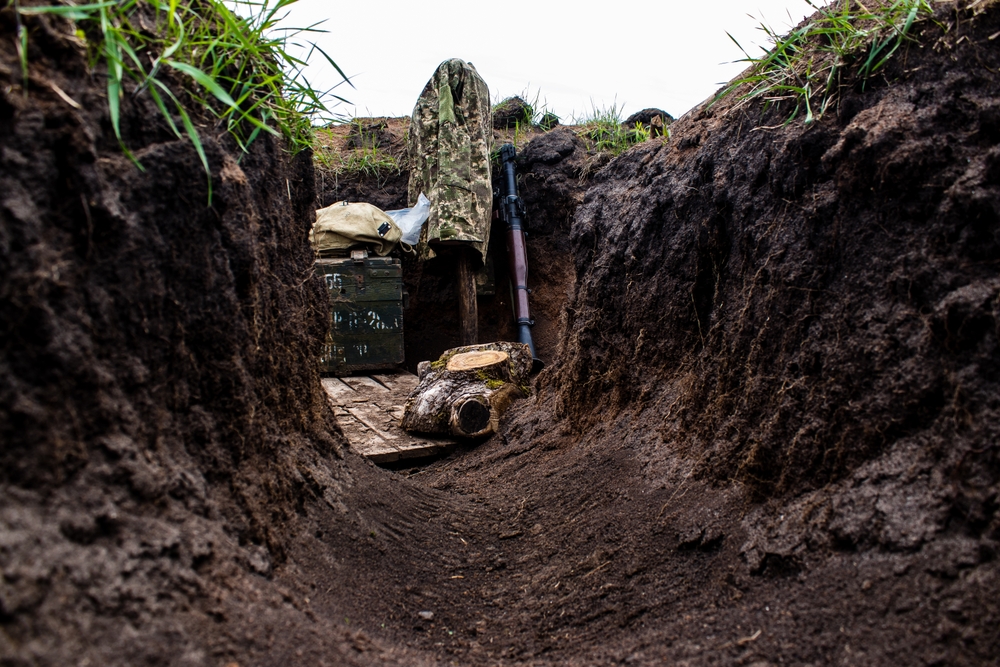Some Choose Death Over Deployment.
Others are reading now
Former Russian prisoners enlisted in “Storm” military units have exposed the brutal conditions they faced on the Ukrainian front, where they say commanders beat, tortured, and forced them into near-suicidal missions.
Choosing Death Over Deployment
Established to break through fortified Ukrainian defense lines, these units were presented by the Russian Defense Ministry as elite forces.
In practice, however, many recruits were reportedly treated as expendable, with some even choosing death over deployment.
According to Digi24, former prisoners described terrifying conditions in Storm units, designed not only for military offensives but also as penal battalions where soldiers are sent for alleged infractions.
Also read
Men in these units reportedly endured severe beatings, electric shocks, starvation, and torture before being thrown back into battle. Few survive.
Forced to Dig Trenches
In October, Russian President Vladimir Putin signed legislation streamlining the recruitment of convicts, allowing them to sign military contracts before completing their sentences.
Authorities reportedly aim to enlist up to 40% of the Russian prison population. Once in the army, these recruits are transferred into Storm units, facing grim assignments on the most dangerous front lines.
Ex-prisoner Grigory Kirsanov, who joined the forces under promises of fair military treatment, said his experience was far from ordinary.
Kirsanov and others were forced to dig trenches and transport heavy supplies under duress, while newcomers endured beatings in what he called “punishment pits.” Kirsanov’s unit suffered a high casualty rate, with only 38 surviving out of 230.
While originally lured with promises of amnesty, ex-convicts now find themselves signing indefinite military contracts, trapped by loopholes that renew their service automatically.
Even regular soldiers face transfer to these units as punishment for misconduct, including drinking or refusing direct orders. As morale plummets, some prisoners reported seeing fellow soldiers take their own lives to escape deployment.
Anatoly Kurnikov, another former inmate, recounted being tortured for 72 days by his battalion commander. “I was electrocuted, beaten, and left without food or sleep,” he recalled.
He eventually witnessed fellow soldiers turn to desperate measures, with some shooting themselves or detonating grenades to escape further trauma.


